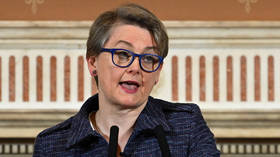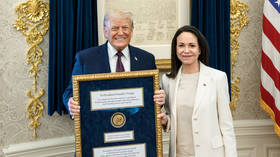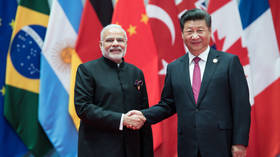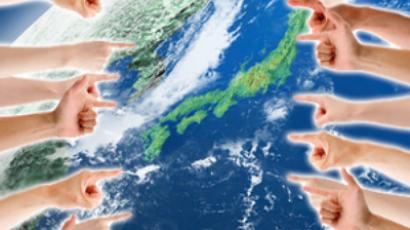Global Warning: Leaked “Climate Fraud” emails under probe
Hackers have tried to prove that global warming researchers are manipulating their data, after stealing sensitive e-mails from one of the UK's leading climate research centers.
More than 1,000 e-mails were taken from the University of East Anglia – the main source for measuring global temperatures – and anonymously posted on a computer server in Russia.
It's claimed that these e-mails show scientists manipulated data to boost their argument that human behavior is behind global warming. Aleggedly, the word "trick" is used several times in the correposndence to describe the analysis of temprature.
It has yet to be investigated whether any of the e-mails posted by hackers were falsified.
The e-mails posted by hackers cover some 13 years of correspondence, the earliest one being dated 1996, and the latest November 2009.
The e-mails have attracted a lot of attention on the internet, especially one from Phil Jones, director of the research center, saying:
“I've just completed Mike's Nature trick of adding in the real temps to each series for the last 20 years and from 1961 for Keith's to hide the decline.”
But the professor whose e-mails are at the center of the row says his words have been taken out of context.
Another extract from e-mails say: “Considerable errors exist in the representation of both fields – annual temperatures from both observations and proxy records – and must be incorporated. Clearly, there is a spatial bias associated with observations that are biased away from the oceans, high latitudes and high altitudes.”
Some critics of the global warming theory have already called it the biggest conspiracy of the 21st century because a lot of discussions regarding global warming are occurring at all levels of government, including the highest levels.
Now that climate change theory is in the public domain, the majority of ordinary people don’t even think to question it. But in fact, climate observers say average temperatures are no higher than they were in 1998, and they may get cooler, not warmer in the coming years.
Among those convinced of global warming is Vladimin Kotlyakov from the Russian Academy of Science, who disputes just how much humans are to blame.
“Now, indeed, the warming is progressing, although not quite as rapidly as it did in the late XIX century, when anthropogenic influence was minimal, if any,” he said. “Therefore, the eternal question is bound to arise: what's the reason? Well, perhaps mankind does contribute somewhat to this warming, but by no means is it the main one. Personally, I am convinced that we still do not know the answer.”
Nonetheless, voters are forcing their leaders to act. That is why in December, leaders of 191 countries will attend a summit in Copenhagen to discuss the issue and try to come to an agreement on reduction of carbon dioxide emissions.
But for some nations, it could choke their struggling economies.
“A lot of countries can’t afford to commit to any legally-binding agreements because they need to raise millions and tens of millions of people out of poverty,” said Dr. Benny Peiser, director of Global Warming Policy foundation. “India and China cannot afford to sign up to any such binding targets. And therefore Copenhagen will be more or less a political agreement and not a legally binding one.”














